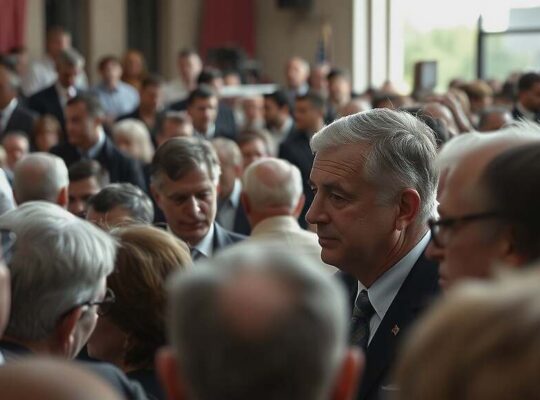The Royal Swedish Academy of Sciences has awarded this year’s Nobel Prize in Physics to John Clarke, Michel H. Devoret and John M. Martinis, recognizing their groundbreaking work on macroscopic quantum phenomena. The laureates are celebrated for their discovery of macroscopic quantum tunneling and energy quantization in electrical circuits, a feat demonstrating the manifestation of quantum mechanical properties at scales previously considered the domain of classical physics.
Olle Eriksson, Chairman of the Nobel Committee for Physics, highlighted the continued relevance and surprising potential of quantum mechanics, a field underpinning the very foundation of modern digital technologies. He specifically cited transistors in microchips as a testament to the practical application of established quantum technologies already integrated into everyday life. This recognition, while laudable, arrives at a crucial moment for global investment in quantum research, raising questions about prioritization within the scientific community and prompting debate about equitable access to its benefits.
The Physics prize follows Monday’s announcement of the Nobel Prize in Medicine, awarded to Mary Barankow, Fred Ramsdell and Shimon Sakaguchi for their contributions to the understanding of peripheral immune tolerance, paving the way for novel treatments of cancer and autoimmune diseases. The rapid succession of these high-profile awards – Chemistry on Wednesday, Literature on Thursday and the Peace Prize in Oslo on Friday, followed by the Economics prize next week – underscores the breadth of Alfred Nobel’s vision and the continued importance of recognizing contributions across diverse fields.
However, the emphasis on medical breakthroughs, following the Physics award, further highlights a persistent tension: the competing demands for resources directed towards immediate societal needs versus fundamental scientific exploration. While advancements in medicine undeniably hold immense value, critics argue that prioritizing purely applied research can inadvertently stifle progress in the foundational knowledge that frequently fuels such progress. This year’s prizes offer an opportunity to reflect on the delicate balance required to foster both innovation and enduring scientific understanding, especially considering the ongoing geopolitical competition-particularly between the US and China-to dominate the burgeoning quantum technology landscape. The awarding of these prestigious accolades inevitably fuels that race, raising ethical considerations about equitable access and responsible development of potentially disruptive technologies.












